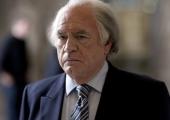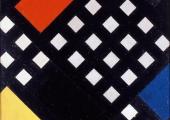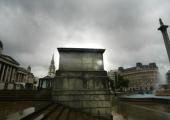On Expenses, BBC Four



Modernist art movements are a lot like totalitarian regimes. They produce their declaratory manifestos, send forth their declamatory edicts, and, before you know it, a Year Zero mentality prevails: the past must be declared null and void. Seeking to overturn 1,000 years of Western civilisation with a universal aesthetic utopia of brightly coloured squares and boldly delineated lines, a confident Theo van Doesburg, founding member and chief theorist of the Dutch movement De Stijl, wrote, “What the Cross represented to the early Christians, the square represents to us all.



This week the BBC News online magazine is running a Portrait of the Decade. Each day has brought a consideration of the words, the events, the people, the objects and, today, the cultural highlights of the decade. I was invited to consider those highlights.